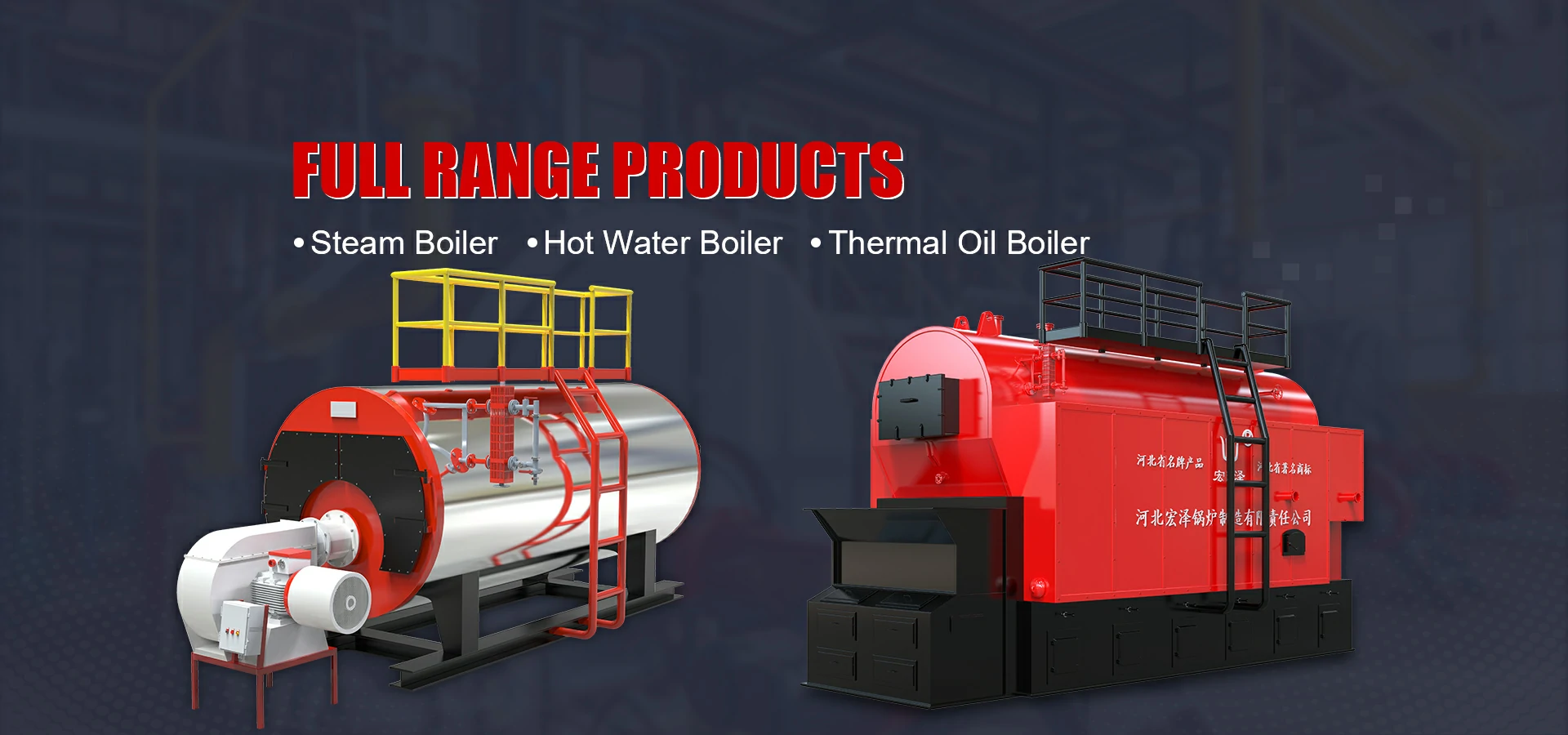
9-р сар . 25, 2024 11:08 Back to list
Optimizing Thermal Oil Boiler Efficiency for Enhanced Industrial Heating Solutions
Understanding Thermal Oil Boilers An Overview
Thermal oil boilers, also known as thermal fluid heaters, are essential pieces of equipment in various industrial applications that require efficient heat transfer. Unlike traditional steam boilers that use water, thermal oil systems utilize organic thermal oils as the heat transfer medium. This design offers several advantages, making thermal oil boilers increasingly popular in sectors such as chemical processing, food production, and plastics manufacturing.
How Thermal Oil Boilers Work
The fundamental working principle of a thermal oil boiler involves heating a specially designed thermal oil to high temperatures for use in various heating applications. The thermal oil is circulated through a closed-loop system, where it absorbs heat from a burner and, subsequently, transfers this heat to the designated process equipment.
The process starts with the burner igniting, which generates heat. This heat is transferred to the thermal oil circulating through the boiler. Since thermal oils can typically operate at higher temperatures than water or steam, they allow for heating applications to occur at lower pressures. This property significantly reduces the risks associated with high-pressure steam systems, making thermal oil boilers safer to operate.
Advantages of Thermal Oil Boilers
1. High Operating Temperatures One of the primary benefits of thermal oil boilers is their ability to operate at temperatures reaching up to 400°C (752°F) or even higher, depending on the thermal oil used. This characteristic is advantageous for processes that require elevated temperatures without the complexity of high-pressure steam systems.
2. Reduced Pressure Operations Thermal oil systems operate at atmospheric pressures, alleviating the need for elaborate pressure vessels and safety systems typically associated with steam boilers. This simplification leads to reduced capital and maintenance costs.
thermal oil boiler

3. Energy Efficiency Thermal oil heaters offer excellent energy efficiency, primarily because they are designed to minimize heat losses. With the appropriate insulation and advanced burner systems, companies can significantly cut down on their energy consumption.
4. Versatility The thermal oil can be utilized across a wide range of industries, serving various applications such as heat tracing, drying, and even heating of reactors. This versatility makes thermal oil boilers suitable for many unique processes.
5. Environmental Friendliness Modern thermal oil heaters are designed with environmental considerations in mind. Many units come outfitted with low-emission burners and other technologies that minimize environmental impact, helping industries comply with stringent regulations.
Applications of Thermal Oil Boilers
Thermal oil boilers are prevalent in numerous industries, including
- Chemical Processing Thermal oil systems are used for heating reactors and other equipment, where precise temperature control is vital. - Food Processing In the food industry, thermal oil is used for cooking, frying, and pasteurization processes, ensuring safety and quality. - Plastics and Rubber Manufacturers in these sectors use thermal oil for molding processes that require consistent temperature management.
Conclusion
In conclusion, thermal oil boilers represent a robust and efficient means of managing heat transfer in various industrial applications. Their ability to operate at high temperatures without the associated risks of high-pressure systems adds a layer of safety and convenience that many industries find appealing. As technology advances and energy efficiency becomes increasingly critical, the role of thermal oil boilers is likely to expand, solidifying their position as a fundamental component in the industrial landscape.
-
Commercial Steam Boilers for Sale - AI Optimized Efficiency
NewsAug.02,2025
-
Efficient Biomass Fired Hot Water Boiler | AI Heating Solution
NewsAug.01,2025
-
High-Efficiency Gas Thermal Oil Boilers | HPT Models
NewsJul.31,2025
-
Oil Fired Hot Water Boilers Sale - High Efficiency & Affordable
NewsJul.31,2025
-
High-Efficiency Commercial Oil Fired Steam Boiler for Industry
NewsJul.30,2025
-
High-Efficiency Biomass Fired Thermal Oil Boiler Solutions
NewsJul.30,2025
Related PRODUCTS






















